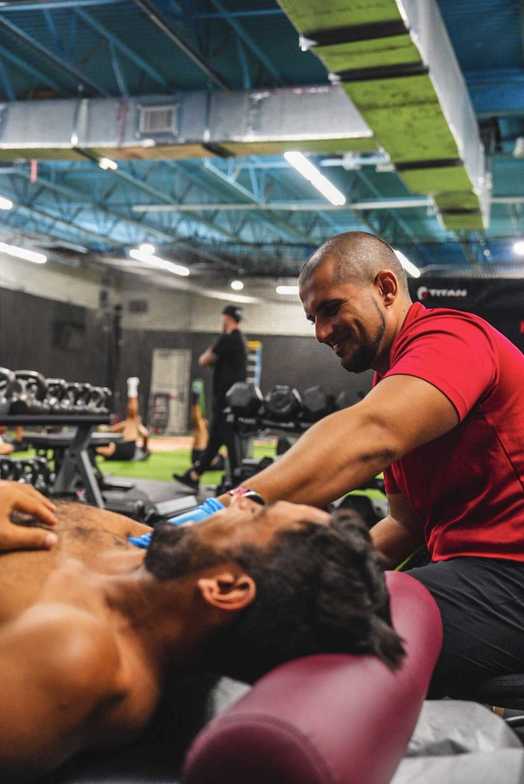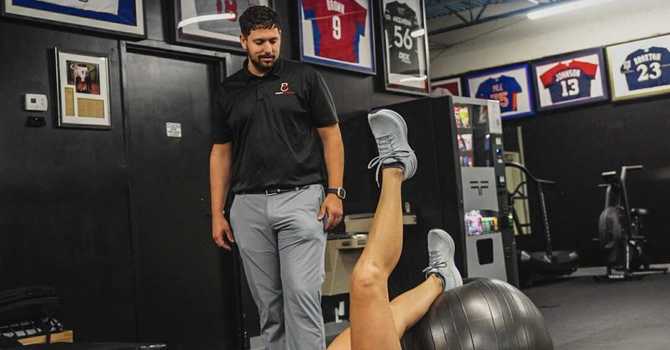
Advertisements for products to manage muscle
pain abound and it is easy to think that you have
torn a muscle. But let's see if we can put muscle
pain in perspective with these six key points.
1. Muscles have many sensors in them so they
can easily be a significant part of a pain
experience.
2. Muscles can become unhealthy and weak,
especially if they are underused, or used in
ways to which they are not suited.
3. Muscles are actually quite hard to injure. Sure
they bruise a bit, microtears (small injuries to
the lining of muscle fibres) can happen, but it
is difficult to severely injure a muscle. There
can be a build-up of acid, which will make the
alarm bells ring, and sometimes new exercises
can be associated with delayed onset pain in
muscles - perhaps eight hours after activity.
This pain can hang around for a few days
and may be quite worrying if sufferers don't
understand why. Delayed muscle pains often
occur after eccentric exercise where muscles
contract as they lengthen. But in general,
muscles are very responsive, stretchy
structures. They have to be to protect you
and allow you to express yourself.
4. Muscles have a great blood supply, so when
they do get injured they are champion healers.
After all, movement and protection are so
important to our survival. If you have ever
damaged your tongue, you would know how
quickly it heals. The tongue is made of muscle:
eating and speaking are important.
Altered muscle activity is part of your
response to injury and threat. Changes in
muscle activity in the short term serve short-term purposes - like escape, or bracing, or
efficiency. But, in the long term, there can be
costs. We discuss this on page 90.
6. Most muscle activity is about making sense of
the world and how to cope with it. In this way,
muscles are windows onto the brain. So if
your muscles are working differently you must
ask yourself why. Tone of voice is determined
by the muscles in your throat. Spasm is a powerful
protective muscular process. So are limping
and other protective behaviors. It is the brain
that allows freedom and quality of muscle
expression. Without muscles, you can't walk,
talk, laugh, lie, wink, spit, fart or cry.
Hope you enjoyed your weekly information about musculoskeletal pain and how complex, yet simple it can be. That’s the beauty of conservative management and why we love what we do.
Peace and Blessings,
Dr. Cameron Gholampour DC, MS, CCSP, CSCS
International Certified Sports Chiropractor
President of the Florida Chiropractic Association Sports and Rehab Council



